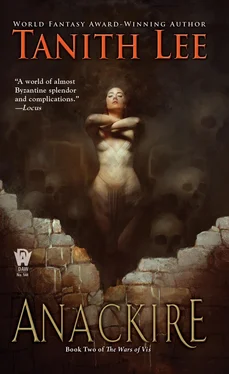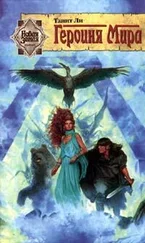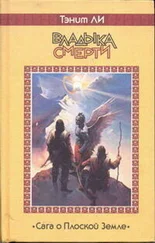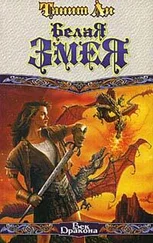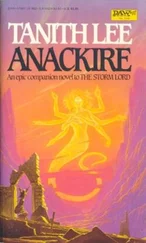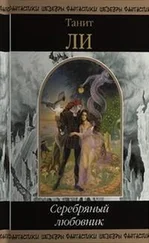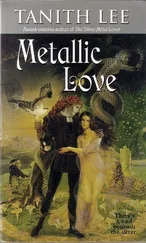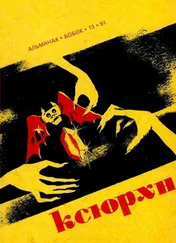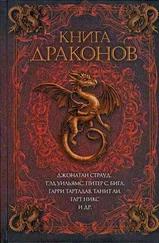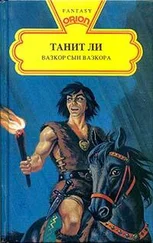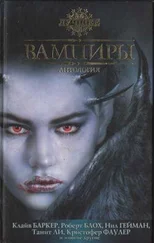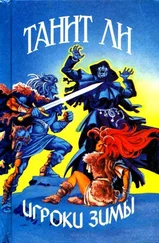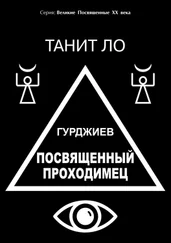“From Suthamun?”
“From the King.”
“Before me?”
“And left yesterday. A secret well-kept. But then, ours also. The King’s messenger does not know all I have told you. Nevertheless, the King will have news of her death before the Prince hears of it.”
Though he walked the rest of the distance through the under-temple, Rem was already running. He ran physically across the island and between the stripes of the rain. On the beach he fought a man, throwing him over and mashing his lips against his teeth, to get the boat back in the water.
Regaining land, he almost killed the first zeeba, and the second that he stole when purchase was refused him.
He had thought often, as he rode to Ankabek, of using this opportunity to be gone from Kesarh’s service. There were other ports around the coast. He might have risked some leaky merchantman to Dorthar over the straits. But not now. Rem, between the attacking madness of visions, and the strangeness of the temple, had still seen them together, in the cell, on the hill, Kesarh and his sister. An exile from the landscape of heterosexual love, Rem had found himself now and then fascinated by the ethics of it, as by some rite he could comprehend yet never know, and never wish to know. It had the bizarre glamour of most alien things. The close relationship did not enter his calculations at all, save as a permissible theory for Val Nardia’s suicide.
And Kesarh had looked at her, in his illness and in health, as Rem never saw him look at any other thing.
And the King would have news of her death before Kesarh.
Rem glimpsed now Suthamun might use it.
The mason was a muddy color, almost the shade of his light hair, which he wore so proudly and fashionably long. Two soldiers had come on him at home, and brought him here, surreptitiously, by back ways, jollying him to dumbness, promising rewards while the edges of swords gleamed in the torchlight. The man in the chair was Kesarh Am Xai. The mason had never seen him, but had heard him described often enough. It seemed Kesarh had found out something about him, too. A couple of things, neither of which would be beneficial to the mason should others also learn of them.
“Am I to—to—believe I’ve been spied on, my lord?”
“If I were you, I’d believe it.”
“But why—what possible interest could your lordship have—”
“The Ashara Temple,” said Kesarh Am Xai. The mason gaped. “You’re in charge of the restoration around the Eastern Cupola.”
The mason nodded. He had been pleased to get this portion of the job, which carried kudos, and excellent fees if well done. The roof was being tended in several places since the storms had laid bare its weakness. But the Eastern Cupola was the trickiest spot; so much weight, so much ornament to be preserved.
“Someone,” said Kesarh, “suggested that, if unattended, this area of the roof might have given way entirely. During snow, perhaps.”
“Indeed—indeed, yes, lord Prince. Quite likely. The heaviness and cold of the snow making brittle, overbalancing a structure already out of kilter. Very hazardous. Some of the ceiling might have fallen into the temple itself.”
“When?” said Kesarh.
“When, my lord?”
“If unrepaired, when would this happen?”
“Already the repairs—”
“Indulge me.”
“Rest assured, Prince Kesarh. Even unrepaired, not for several more years.”
The mason did not want to meet Kesarh’s dark Visian eyes, but found he had to. Caught and held, he heard Kesarh say, “You will see to it, sir, that not only the ceiling, but the Eastern Cupola too, fall into the temple before the first month of the siege snow is ended.”
The mason almost fainted. He had realized something was coming. Not this.
“But, my lord—”
“The occasion,” Kesarh went on smoothly, “will be some religious observance, when the whole court is present. And the King, and the King’s brothers, naturally.”
The mason sank to his knees. His legs had given way, his bowels and bladder almost. To be informed of all this would mean he would be watched hereafter, under sentence of swift death by Kesarh’s men if he revealed or attempted to reveal any of it. Nothing could have been more explicit. The eastern end of the temple was the King’s place, directly before the figure of the goddess. If the Cupola fell, it would crush anything and everything beneath to powder—and pulp.
“I see you’re pondering my ingenuous transparency, and what it must entail.”
“But you’ll kill me anyway,” gasped the mason. “Even if I could do it, how could I expect to live?”
“The baker who poisons his dough soon has no customers. Let me amaze you: I deal honestly where I’m able. Those who serve me are recompensed. Only those who displease or inconvenience me get their wage in pain. Your choice is simple. Agree and benefit. Refuse, and have your sins revealed to all and sundry. Thereby you’ll lose your position, and perhaps end up in the harbor, if I feel particularly insecure.”
The mason kneeled on the floor. He began to sob. Kesarh watched him.
“How could it be done—timed to fall so exactly—”
“You’ll have some help with that. Tomorrow someone will come to your house to discuss the details. There can be no mistakes. Now get out. Your tears and urine about to spill on the floor won’t enhance it.”
When the man was gone—there were several useful by-ways out of the new rooms—Kesarh walked through into the bedchamber.
The girl he had brought from Xai was staring at one of the gilded books left lying open. Of course, she could not read.
She looked up at his step, adoring him. She was not unattractive, wholesome, and had improved on the nourishing diet he had seen to it she now received. She was also a half-wit. The combination suited him. At this time he needed no one about him, even a slut in his bed, that he could not rely on.
He thought of Val Nardia. She would have the sense to do as he had written, feign some illness, not allow herself to be pried from the sanctuary.
Whenever he thought of her now, he felt a curious nothingness, as if some wounded nerve were deadened. He had drunk fire with her at Ankabek. It had exemplified all Zastis, that one night. And yet now, whenever she came to mind, only this lack of feeling came with her. Why? Was he sated there, as with all the others? No, it was not that.
He abandoned the reverie, and moved toward his safe little wine girl. There would be time, before the etiquette of dinner—
There was not time.
The spears clashed on the marble outside and there came rapping against the doors.
Suthamun had summoned him.
Kesarh had no more apprehension than at any other hour. He lived in a constant state of attentive self-guard, a sensitivity to peril, as an animal did. He found this neither pleasant nor unpleasant. He was used to it. It was, to him, synonymous with the nature of living. Other men who did not grasp this truth were sluggards, or imbeciles.
The kernel of Suthamun’s blond court was gathered in one of the frescoed side chambers off the banquet hall.
It was the general scene, servitors padding about, hangers-on conniving or preening or sulking. By the fountain two of the council were discussing something as frivolous as Iolian chariot races. Kesarh nodded to them, and they bowed. The King stood with his brother Uhl and the scarred half-brother who was also a favorite. There was something unique. Kesarh took heed of it instantly. The usual loud music the Shansarian court so much enjoyed was absent.
Abruptly, Suthamun shouted clear across the room. “Kesarh! Here to me.” The tone was well-meaning, as it had been since the recall from Xai. Those words of going, Visian dog , might never have been uttered. Yet there was another element now. A modulated depth, not unlike the timbre a priest assumed in some holy declaration.
Читать дальше
